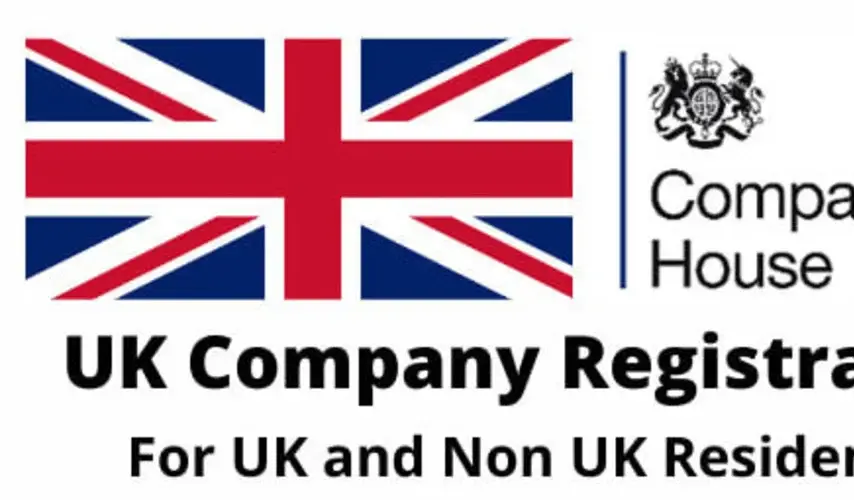Creating a Registered UK Business Company for Non-Residents: Benefits and Methods
Table of Contents:
- Benefits of Registering a UK Business Company as a Non-Resident
- Methods for Creating a Registered UK Business Company
Are you a non-resident considering expanding your business to the United Kingdom? Establishing a registered UK business company can open doors to a world of opportunities.
In this comprehensive guide, we will explore the numerous benefits of creating a UK business entity as a non-resident, and we’ll delve into the different methods to achieve this. Whether you’re an entrepreneur, investor, or simply seeking to diversify your business portfolio, this article will provide valuable insights into the advantages and steps to establish your UK business.
Benefits of Registering a UK Business Company as a Non-Resident
- Access to Global Markets: Registering a UK company as a non-resident grants you access to one of the world’s most dynamic and influential business ecosystems. The UK’s strategic location and well-developed infrastructure provide a gateway to global markets, including Europe, Asia, and the Americas.
- Credibility and Trustworthiness: A registered UK business entity conveys credibility and trustworthiness to clients, partners, and investors. Many international businesses prefer to engage with UK companies due to the country’s strong regulatory framework and business-friendly environment.
- Tax Benefits: The UK offers competitive tax rates and various incentives for businesses. Non-resident companies can benefit from favorable tax treatment, including low corporate tax rates and exemptions on certain types of income.
- Limited Liability Protection: Registering a UK limited liability company (LLC) or private limited company (Ltd) provides personal asset protection. In the event of financial difficulties, your personal assets are generally shielded from business-related liabilities.
- Access to Funding: The UK boasts a robust financial sector, making it easier for non-resident companies to secure funding through venture capital, loans, or investments from angel investors.
- Easy International Transactions: Operating a UK business simplifies international transactions. You can open a UK bank account, which facilitates cross-border payments and reduces currency exchange complexities.
- Intellectual Property Protection: The UK has strong intellectual property laws, safeguarding your innovations, trademarks, and copyrights.
Methods for Creating a Registered UK Business Company
Now that you’re aware of the benefits, let’s explore the different methods to create a registered UK business company as a non-resident:
- Private Limited Company (Ltd): The most common business structure, a private limited company (Ltd), provides limited liability protection to shareholders. You can register a Ltd company online with the Companies House, the UK’s registrar of companies.
- Limited Liability Partnership (LLP): LLPs offer limited liability for all partners and are a popular choice for professional services firms. They must also be registered with Companies House.
- Branch Office: Non-residents can establish a UK branch office of their existing overseas company. This option allows you to maintain a presence in the UK without forming a separate legal entity.
- Representative Office: A representative office is a suitable option for non-residents looking to conduct market research and promotional activities in the UK. However, it cannot engage in profit-generating activities.
- Franchise: Acquiring a UK franchise allows you to leverage an established brand and business model while benefiting from local support. Ensure that the franchise agreement is compliant with UK regulations.
- Joint Venture: Partnering with a UK-based business can be an effective way to enter the market and share risks and resources.
- Limited Company Formation Services: Many companies specialize in helping non-residents register a UK company. They provide valuable guidance and handle the registration process on your behalf.
- Seek Legal and Tax Advice: Regardless of the method you choose, it’s crucial to seek legal and tax advice to ensure compliance with UK laws and regulations.
Conclusion:
Creating a registered UK business company as a non-resident offers a multitude of benefits, from global market access to tax advantages and credibility. The method you select depends on your business goals and requirements. Remember to research thoroughly, seek professional guidance, and take the necessary steps to establish your presence in the UK. By doing so, you can tap into the UK’s thriving business landscape and position your company for success.
We hope this guide has provided you with valuable insights into the advantages and methods of registering a UK business company as a non-resident. If you’re ready to take the next step,
to get started on your UK business journey today.











